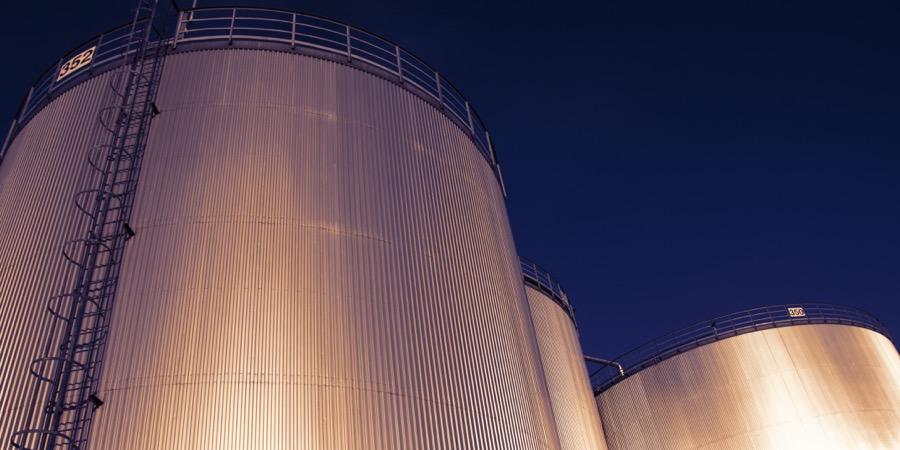The Alexandroupolis LNG terminal project is now in its second phase of the market test, Gastrade has announced.
The project aims to satisfy growing gas demand in the region (both immediately and in the future), provide regional access to LNG and support gas market access and penetration. If successful, Gastrade says the project will offer security of supply, diversification of gas routes and sources, price flexibility and enhanced competition to the region.
The move is being made in accordance with the ‘Guidelines for management and allocation of capacity on the Alexandroupolis Independent Natural Gas System, according to paragraph 6 of article 36 of Directive 2009/73/EC’, which has been approved by the National Regulatory Authority for Energy (RAE).
In the first phase of the market test, 20 companies submitted relevant expressions of interest for a total of up to 12.2 billion m3 per year of reserved regasification capacity at the floating terminal and delivery to the Greek National Natural Gas Transmission System (NNGTS). These surpassed the technical capacity of the project, which is designed at 5.5 billion m3 per year.
Gastrade said it expects to receive binding offers from a wide range of participants including gas supply companies, power utilities, other end users, gas distribution companies and traders. After the capacity allocation procedure supervised by RAE, allocated participants will be invited to sign advanced reservation capacity agreements in accordance with the relevant template approved by RAE.
The project comprises an offshore floating, storage and regasification unit (FSRU) for the reception, storage and regasification of LNG, which will be stationed 17.6 km offshore the town of Alexandroupolis in Northeastern Greece, and a gas transmission pipeline, through which natural gas will be delivered to the NNGTS and onwards to the final consumers in Greece, Bulgaria, Serbia, North Macedonia, Romania, Turkey and further to Moldova, Ukraine and Hungary.
For Bulgaria, Romania, Serbia and other markets in Southeast Europe, it will mean natural gas will be transmitted through the Interconnector Greece-Bulgaria, (which is under construction) as well as other existing or planned pipelines in the region.
Companies that have already expressed interest in the first phase of the market test are eligible to submit binding offers to Gastrade, as this is the binding bidding phase for capacity reservations in the project.
New interested participants are also allowed to enter this second phase of the market test, in accordance with the guidelines, but the deadline for the submission of offers is February 24, 2020.
The FSRU will have a nominal regasification and send-out capacity of 5.5 billion m3 per year, and a peak technical regasification and send-out capacity of 22.8 million m3 per day.
The tender process for the construction of the project has begun. The commercial operation date for the project is planned for 2022. It is fully licensed and is included in the European Union (EU) list of ‘Projects of Common Interest’.
For more information visit www.gastrade.gr














